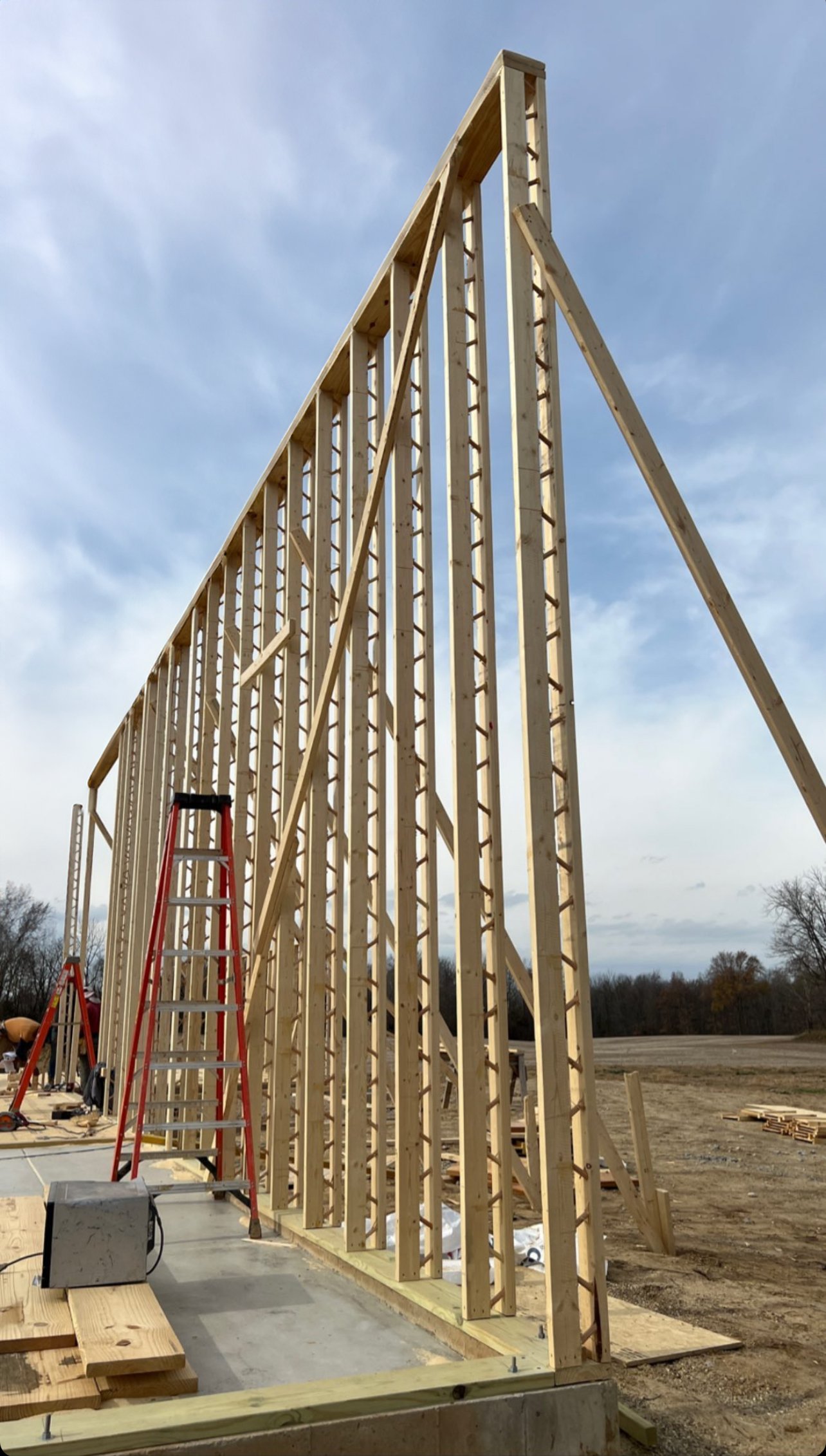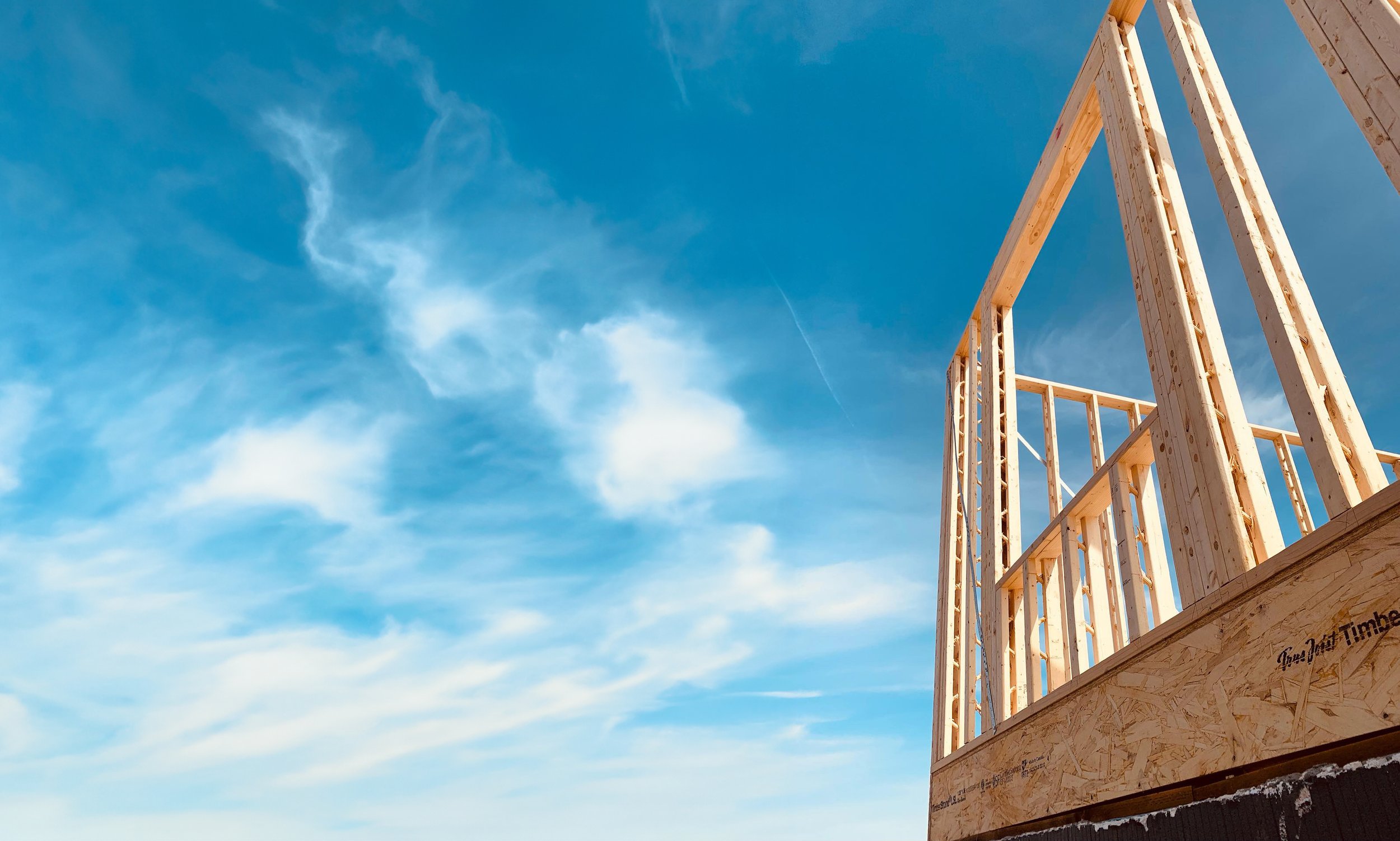
UNINSULATED TSTUD™
Previously the BareNaked Tstud™, the Uninsulated Tstud™ is like the R19 Tstud™ but without the foam core. Since around 39% of builders use different types of insulation like blown-in fiberglass, cellulose, mineral wool, or spray-in foam, the BareNaked Tstud™ lets any builder fill the space with their chosen insulation to create consistent insulation throughout the structure.
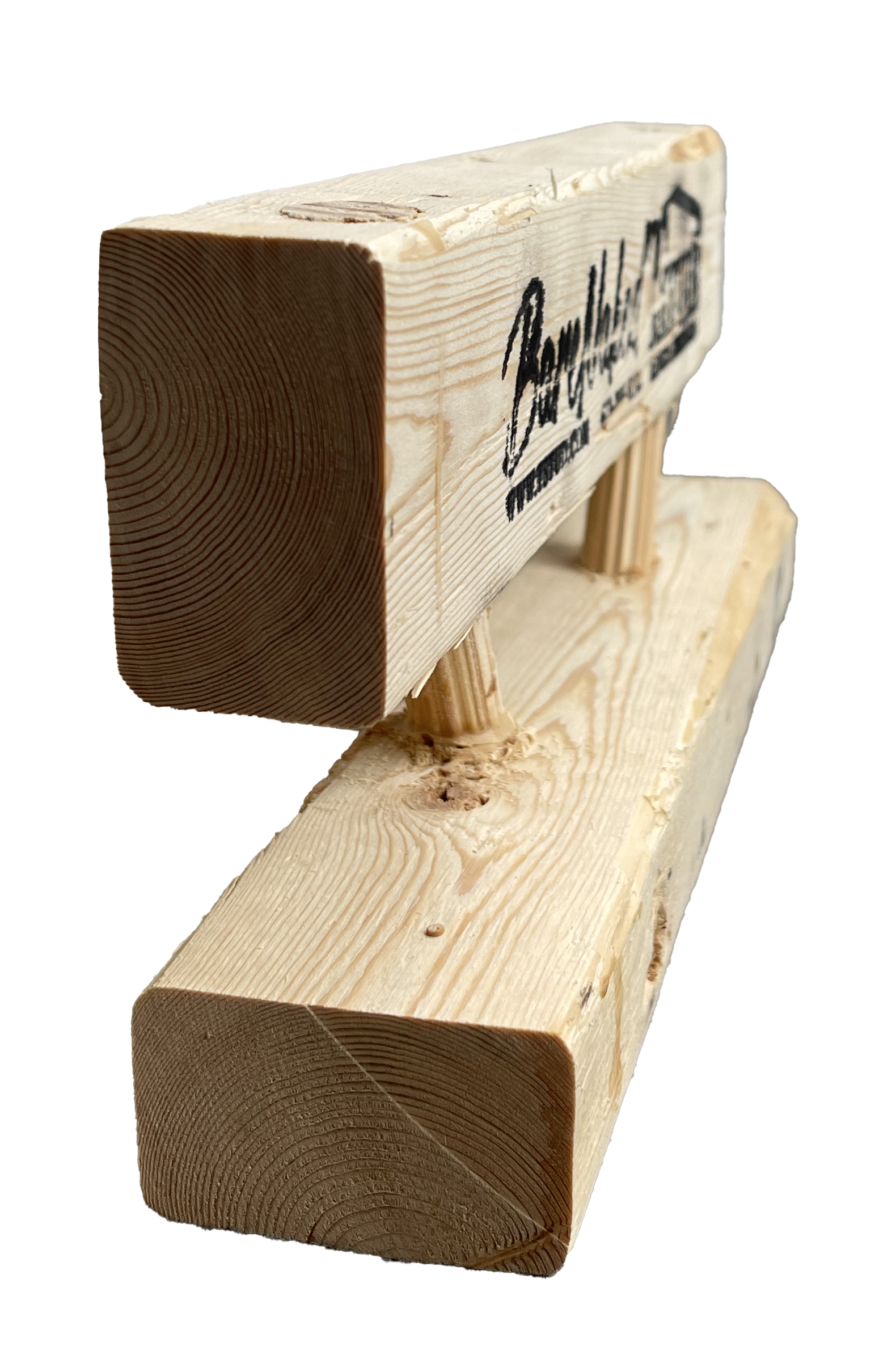
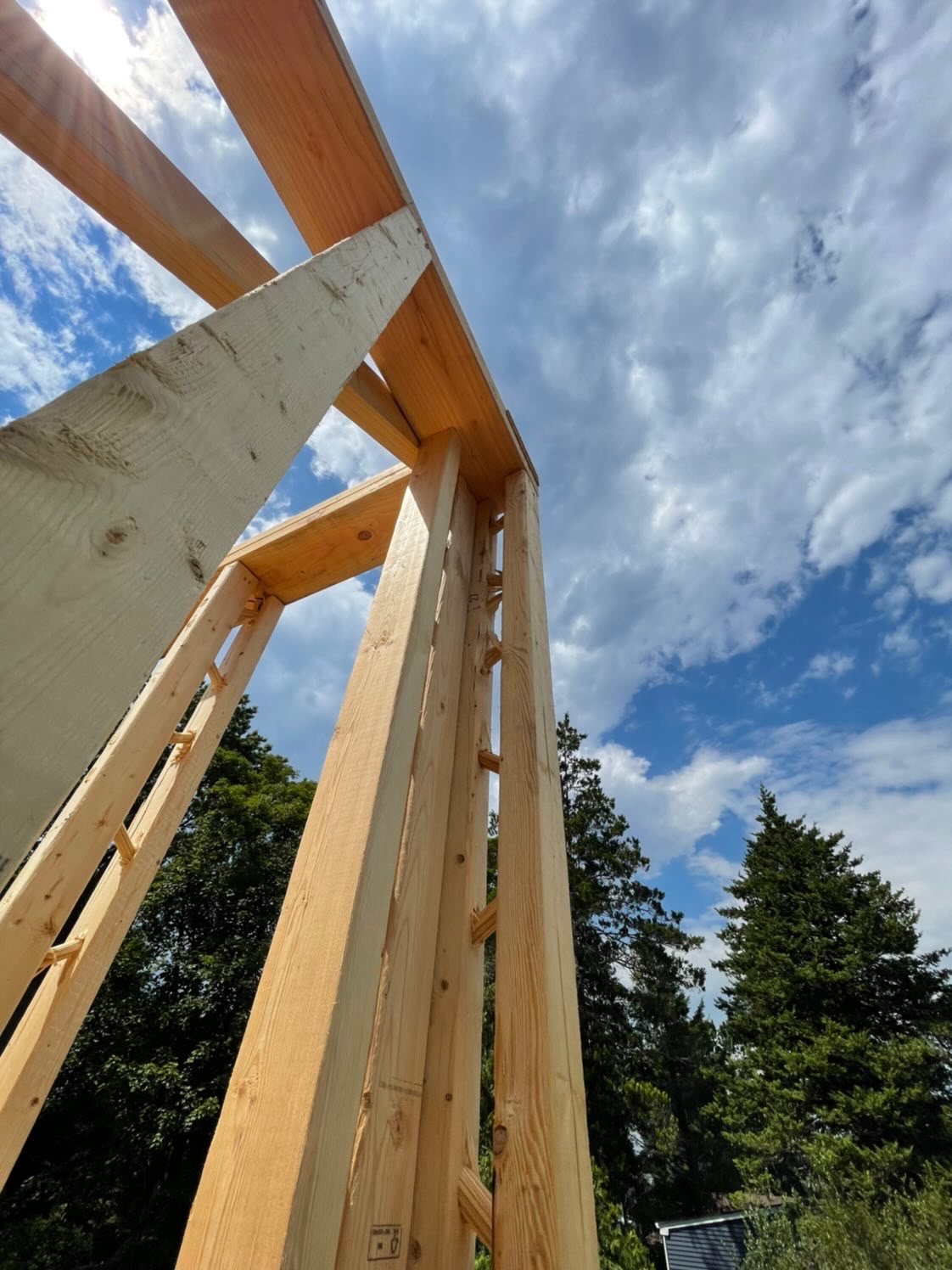
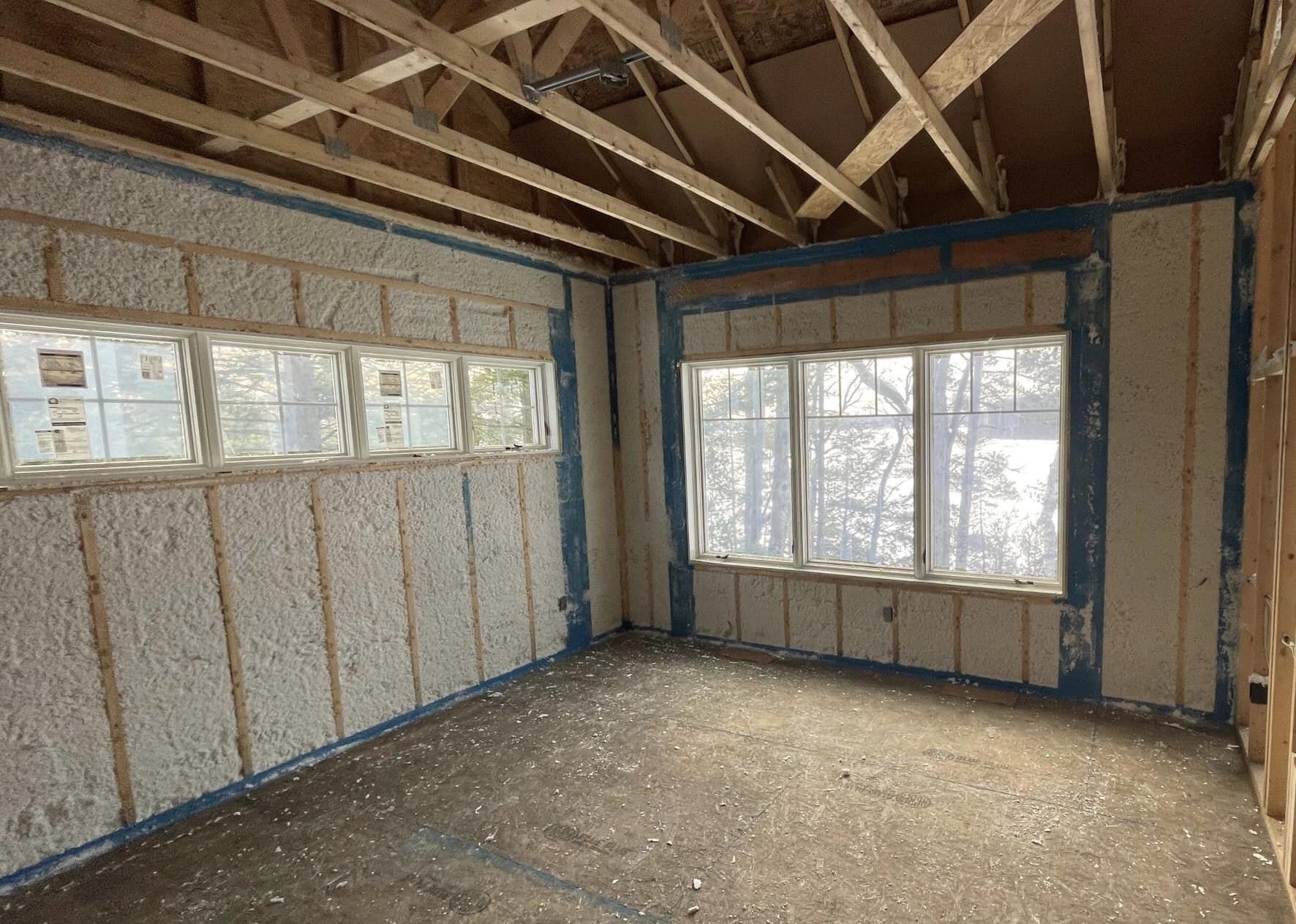
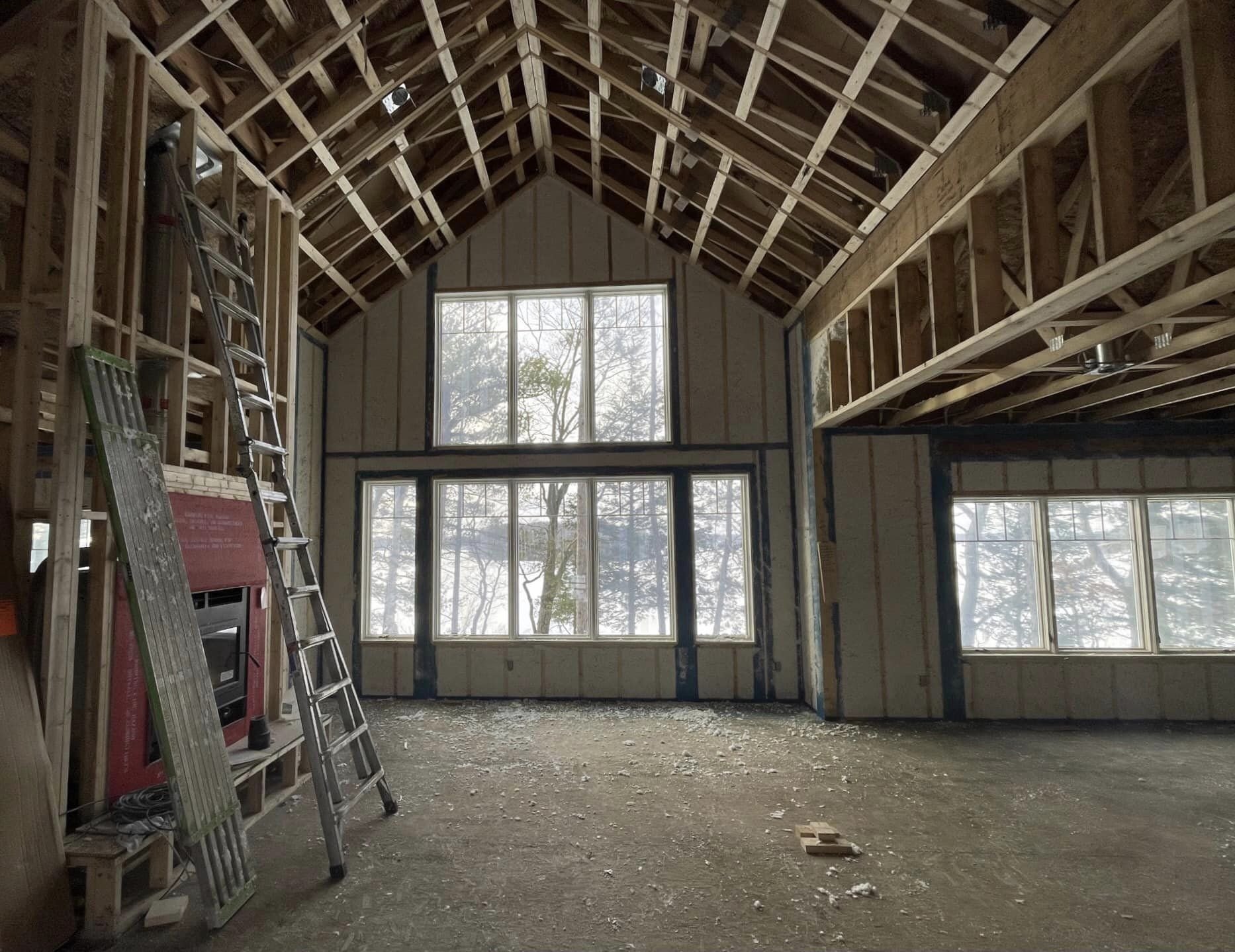
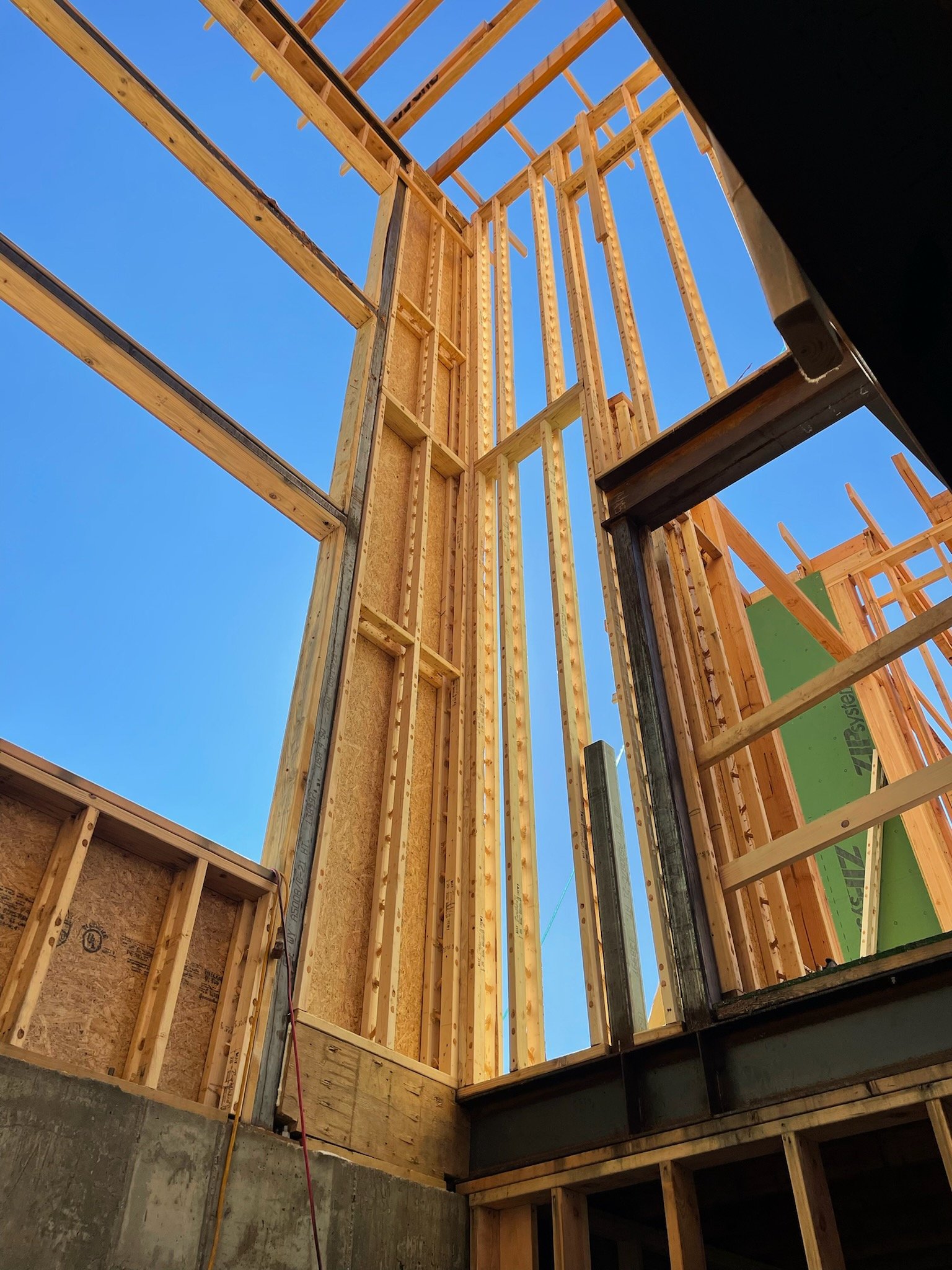
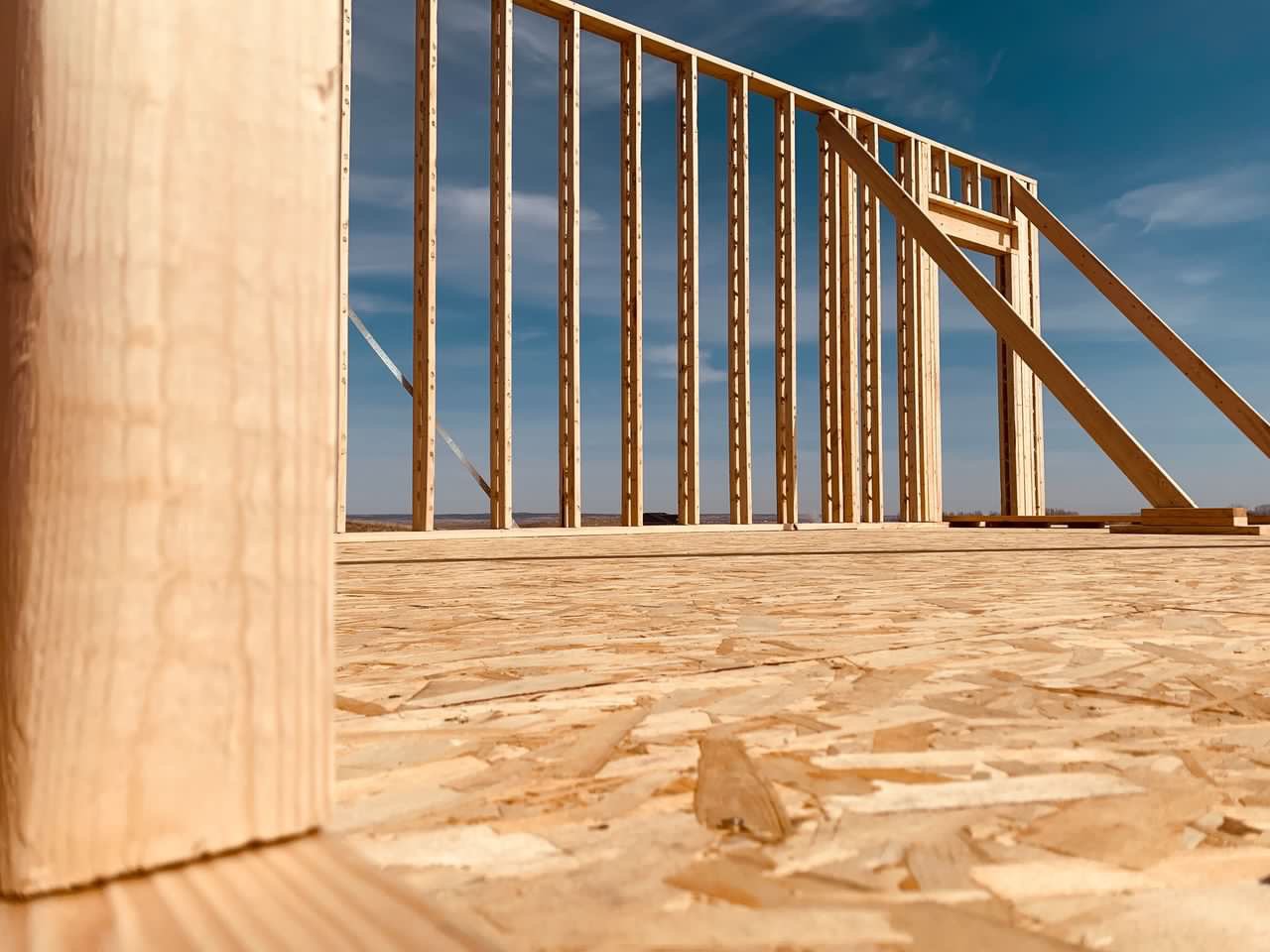
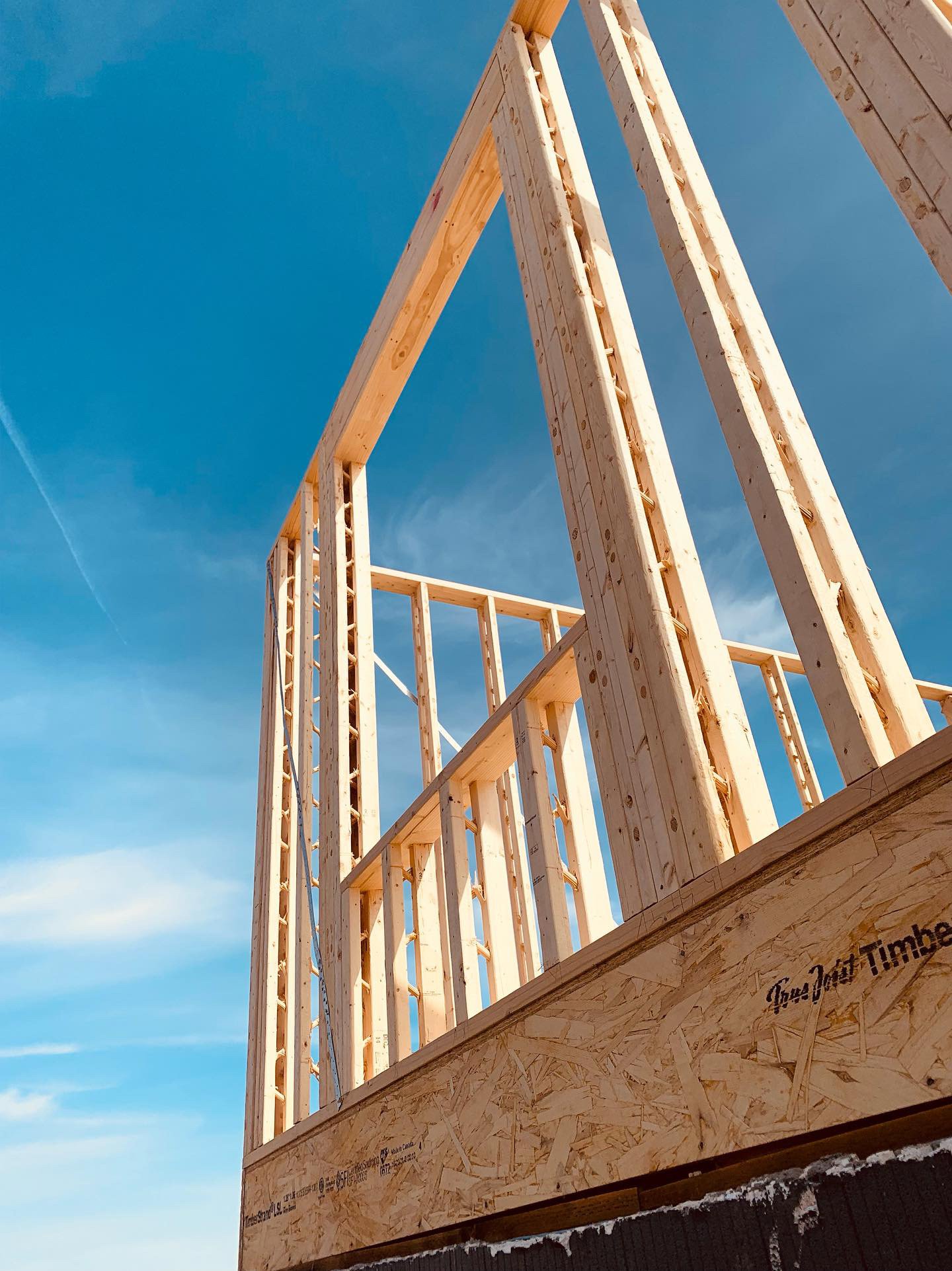
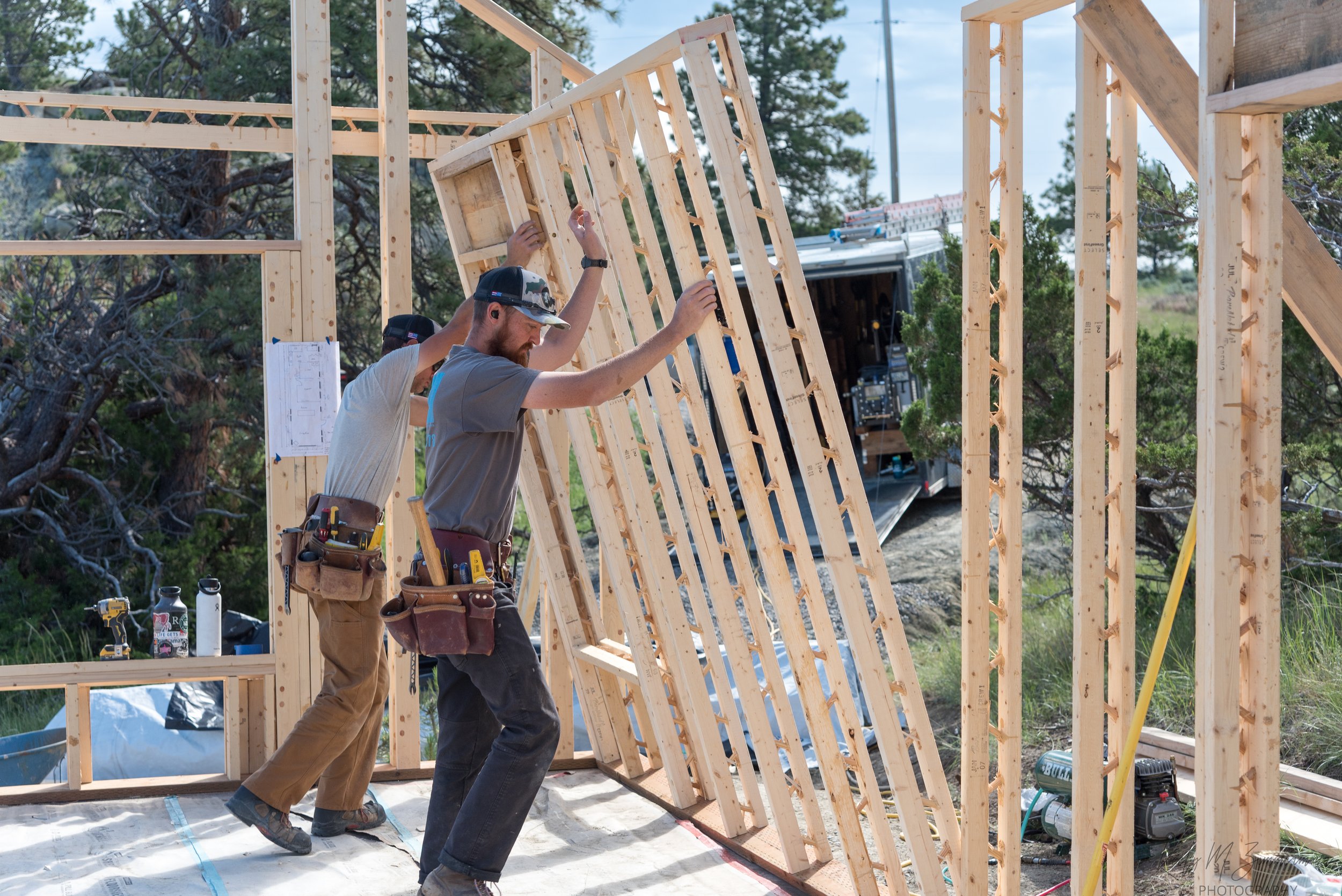
96% Complete Thermal Break Through The Stud
Patent #10731332
-
2x6 - 5.5” BareNaked Tstud™
Lengths Available: 92 5/8”, 8’, 104 5/8”, 9’, 10’, and 12’
2x8 - 7.25” BareNaked Tstud™
92 5/8”, 8’, 104 5/8”, 9’, 10’, 12’, 14‘* and 16’* (*special order only)
-
5.5” BareNaked Tstud:
Certified to crush #2 SPF bottom plate at 3600#
Certified to crush LSL or LVL bottom plate at 5600#
7.25” BareNaked Tstud:
Certified to crush #2 SPF bottom plate at 4400#
Certified to crush LSL or LVL Bottom plate at 7565#
-
KEY BENEFITS
ICC Evaluation Service has tested the Uninsulated Tstud™ to date and have certified that the Uninsulated Tstud™ is able to hold, in axial compression loading, up to 3,665# if the top and bottom plate material is of a #2 spf (spruce pine fir) and up to 5,665# if the plate material is of a LSL or a LVL material. Typical spf #2 studs only hold 2,200# in axial loading.
Because of the strength value proposition of the Uninsulated Tstud™, most homes and structures have been built at 24” on center; saving up to 24% of the studs and the 2,000 fasteners attached to them.
The Uninsulated Tstud™ wall assembly provides a complete* thermal break through the wall - hot or cold.
*95.9% complete thermal break
All wind load tables are in the Technical Evaluation Report (TER), but most can be used up to 24” on center in wind loads 1-5 and the taller walls typically up to 16” on center.
The Uninsulated Tstud™ will ultimately offer a sound transmission rating as well but is untested at this time.
The adhesive used in making the Uninsulated Tstud™ pass all applicable heat, fire, and moisture testing for the products to be used in the stated structural scenarios within the TER’s.
Hurricane + Seismic Compliant

